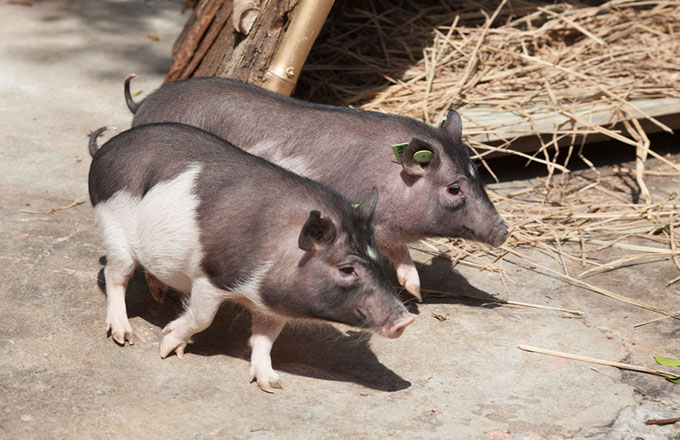Trash sorting set to gain momentum
Faced with a growing refuse problem in urban areas, China plans to move ahead with household trash sorting in 46 major cities by requiring all public institutes and companies to separate hazardous waste, kitchen waste and recyclable materials by 2020.
By then, specific policies, laws and regulations will have been adopted that will push mandatory trash sorting forward, and the recycling rate will grow to at least 35 percent in these cities, Feng Liang, a senior resource conservation and environmental protection official at the National Development and Reform Commission, the country's top economic planner, said on Friday.
The targets are listed in a household trash sorting action plan jointly issued on Thursday by the NDRC and the Ministry of Housing and Urban-Rural Development.
Sorting household trash, unlike construction and industrial waste, entails separating recyclables-bottles, cans, clothing, packaging and paper-kitchen waste and hazardous waste.
The plan covers 46 major cities, including Beijing, Tianjin, Shanghai and Chongqing, the capitals of all provincial regions, and some cities that were chosen as models, such as Handan, Hebei province.
"Detailed rules on mandatory household trash sorting in these cities will be released this year," Feng said.
The rules will be mandatory, however, only for public entities, such as governments and schools, and companies, such as restaurants and shopping malls. But residential communities are encouraged to follow suit.
Governments' performance in trash sorting will affect their assessments and those that fail to meet the targets will be penalized, according to the action plan.
As economic and social development have progressed, household trash has soared in cities, threatening the environment and hindering urban development. To address that problem, the central government began promoting trash sorting 16 years ago, but the results have not met the public's expectations.
Premier Li Keqiang highlighted the importance of trash sorting in his Government Work Report in March.
Xu Haiyun, chief engineer at the China Urban Construction Design and Research Institute, said that to increase the recycling rate of household waste, "it is urgent to set up a complete chain, from trash sorting to final processing".
Policy alone is not enough, he said, and direct financial support for companies in this sector, for example through tax breaks, is important.
Wang Jianchao, who has a company in Chengdu, Sichuan province, that buys sorted household trash from residents, said the new action plan could help expand his business.
It took the company five years to acquire 200,000 participating households, but he expects it to grow more quickly now because "more county governments have contacted us recently", he said.

























